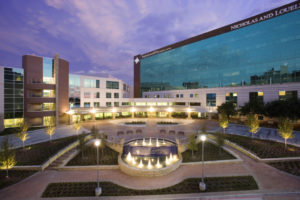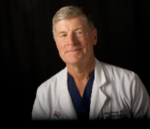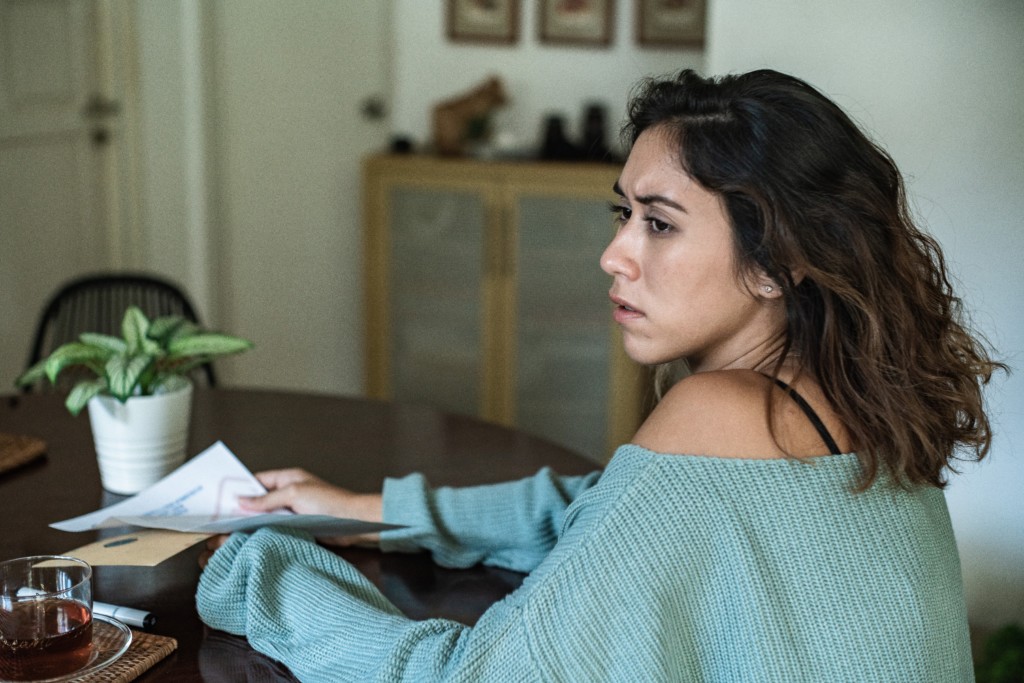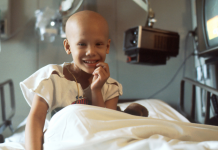 Disclaimer :: Baylor Scott & White All Saints Medical Center – Fort Wort sponsored and crafted this post about how cancer patients navigate the journey from diagnosis to treatment and beyond.
Disclaimer :: Baylor Scott & White All Saints Medical Center – Fort Wort sponsored and crafted this post about how cancer patients navigate the journey from diagnosis to treatment and beyond.
The term “survivor” carries many implications: bravery, relentless struggles against overwhelming odds, personal sacrifice, overcoming obstacles that would crush a lesser person, on and on. The ideal survivor goes through the wrath of surgery, chemotherapy, radiation, and everything else the medical profession can throw at him or her while remaining as normal as possible to the outside world. Most important, the ideal survivor does not die of the cancer.
Cancer Survivorship
I experienced breast cancer in 1998. Mammograms, biopsies, surgery, chemotherapy (the first dose on my 50th birthday), and post-chemo hormonal therapy for five years completed my therapy. Being a male gynecologist with breast cancer was a bit unusual, but that’s another story for another time.
I was one of the lucky ones. My tumor was successfully treated, and here I am 20 years later writing about it. I guess I’m a “survivor.”
“Cancer survivorship” is actually a purgatory between the day before you found out you had cancer and the day months or years later when you feel like you might actually get through all of it and return to a comparatively normal life.
Survival encompasses a host of conditions. It is despair at hearing the diagnosis, never-ending sleepless nights of worry, and fear of the future. It’s horrific nausea, vomiting, pain, weakness, and helplessness. It’s weeks, months, years, and sometimes a lifetime of anxiety. It’s wasting away with a bloated belly. It’s the joy of tasting food after months of nothing. It’s taking advantage of everything modern medicine offers in order to attain the NED (no evidence of disease) state, whether it’s real or not.
Unfortunately, some patients never get there. Increasingly intense treatment fails to halt (or even control) their disease. They accept what is happening in their bodies, take their lives one day at a time, and are determined. They try their best to survive, but the cancer seems to have other plans.
These folks didn’t die from a lack of effort or because of a poor attitude. It’s not because they didn’t try as hard as a survivor tried. They’re just unlucky enough for their bodies to have produced a really bad cancer, the wrong kind of tumor.
Past the “Survivor” Label
“Survivor” can become overwhelming in an already overwhelming situation. If you are unfortunate enough to have the cancer experience, don’t let it define you. Sure, you have cancer — and it affects the way you approach life — but it is not you. It is just another experience in the evolution of your life. A crappy one, of course, but just another experience.
When I hear “cancer survivor,” I think of all those people (including myself) who have battled the relentless disease and its treatments, coming out on the other side alive. But I also remember patients, friends, and family members who have been faced with the same diagnoses, battled the same disease, undergone much worse therapies, were relentless, did not take a day off, and were not as fortunate as I am.
So I propose we change the “cancer survivor” label to something different. Something that honors the journey both survivors and those less fortunate took and the bravery with which they took it. I admit I can’t think of a more eloquent term than “survivor,” but I do know what being a “survivor” actually means, and it’s not a good description of all of us.
Living with Cancer
My experience can help others who are new to the cancer thing. I try to do everything possible to direct my patients toward the most current, evidence-based treatment alternatives while helping them understand what is happening. My “been there, done that” cancer experience coupled with about 45 years of medicine can be beneficial to them.
 Once of the resources I’ve found the most helpful for my patients is the Joan Katz Cancer Resource Center (JKCRC) at Baylor Scott & White All Saints Medical Center – Fort Worth. The JKCRC works with men and women who have been diagnosed with cancer regardless of where they are receiving care or direct medical services.
Once of the resources I’ve found the most helpful for my patients is the Joan Katz Cancer Resource Center (JKCRC) at Baylor Scott & White All Saints Medical Center – Fort Worth. The JKCRC works with men and women who have been diagnosed with cancer regardless of where they are receiving care or direct medical services.
The center guides these patients from diagnosis through therapy and afterward, all at no cost. The center has a wealth of resources for patients living with cancer, from nurse navigators to nutrition counseling, postoperative and post-chemo support services, and specialty products to help cancer patients feel “normal.” The center can help cancer patients understand what is happening, calm their fears, and navigate the overwhelming journey.
At the end of treatment, the cancer patient should become a person living after cancer, not a person with cancer. Yes, I want my patients to survive, but most important I want them to continue to “live.” It’s impossible to know how a life will evolve after diagnosis, but cancer should not define the person.
 Dr. Alan Johns spent his childhood learning to handle butcher knives in his dad’s meat market. After a little further training in college, medical school, and residency, he became a gynecologist and a surgeon. He has authored 22 chapters in surgical textbooks, co-authored 32 peer-reviewed articles, lectured in 120 postgraduate courses, and performed more than 9,000 surgical procedures. He has been named one of the Best Doctors in America since 1996. He has no “lady parts,” but he has seen a lot of them in his career. A mastectomy in 1998 followed by five years of hot flashes put him in touch with his feminine side. His memoir The Lump – A Gynecologist’s Journey with Male Breast Cancer was published in 2011.
Dr. Alan Johns spent his childhood learning to handle butcher knives in his dad’s meat market. After a little further training in college, medical school, and residency, he became a gynecologist and a surgeon. He has authored 22 chapters in surgical textbooks, co-authored 32 peer-reviewed articles, lectured in 120 postgraduate courses, and performed more than 9,000 surgical procedures. He has been named one of the Best Doctors in America since 1996. He has no “lady parts,” but he has seen a lot of them in his career. A mastectomy in 1998 followed by five years of hot flashes put him in touch with his feminine side. His memoir The Lump – A Gynecologist’s Journey with Male Breast Cancer was published in 2011.
He practices medicine in Fort Worth where he lives with Jenny — his wife of 49 years — and their yellow lab Zoe. They have two grown daughters, two sons-in-law, three granddaughters, and one grandson. Livin’ the dream!













